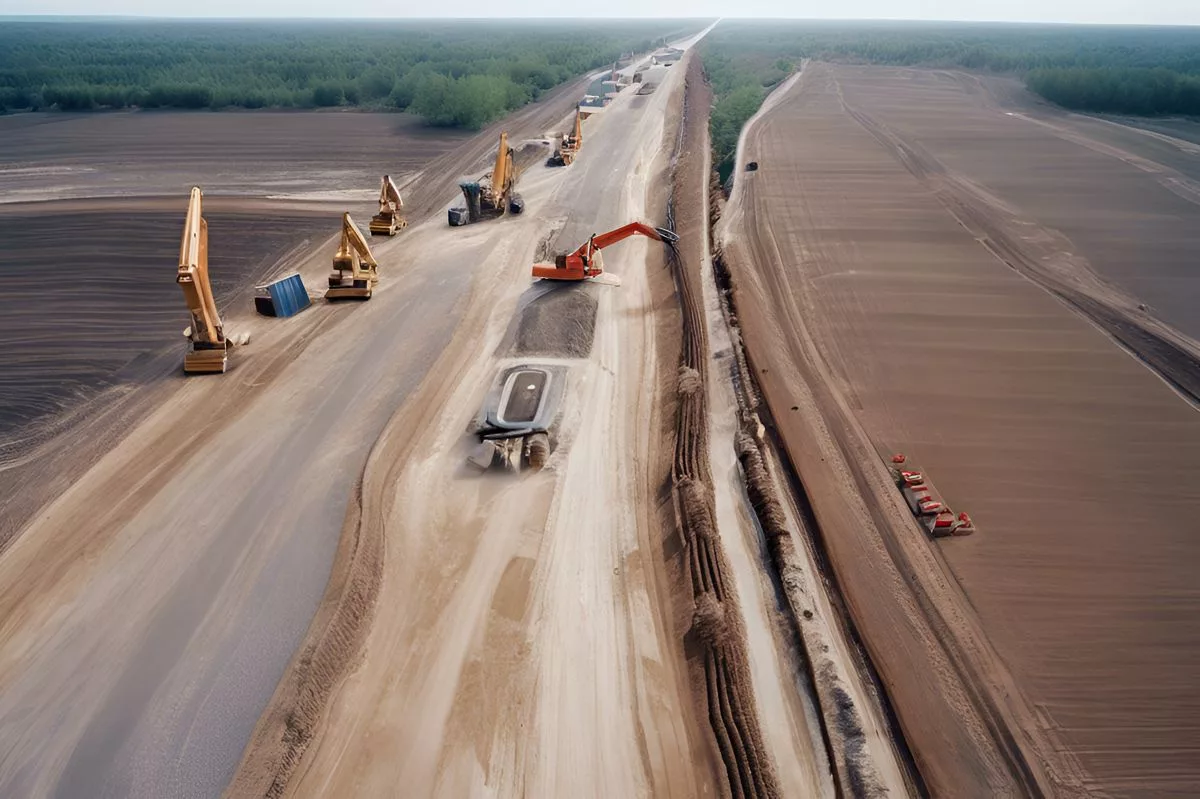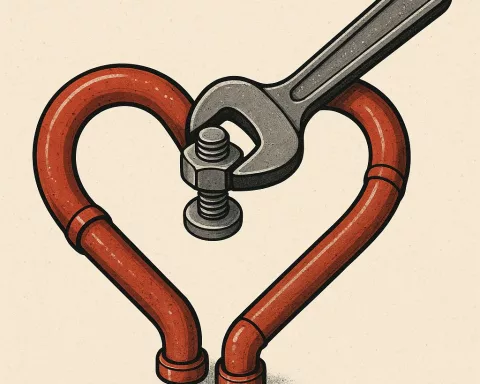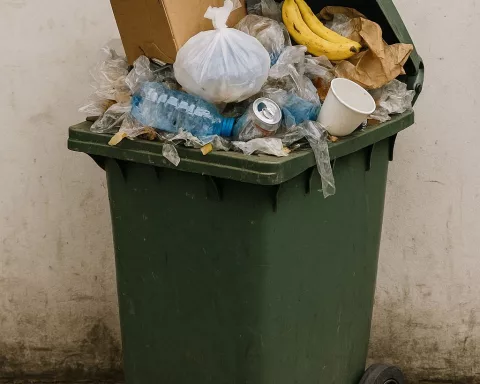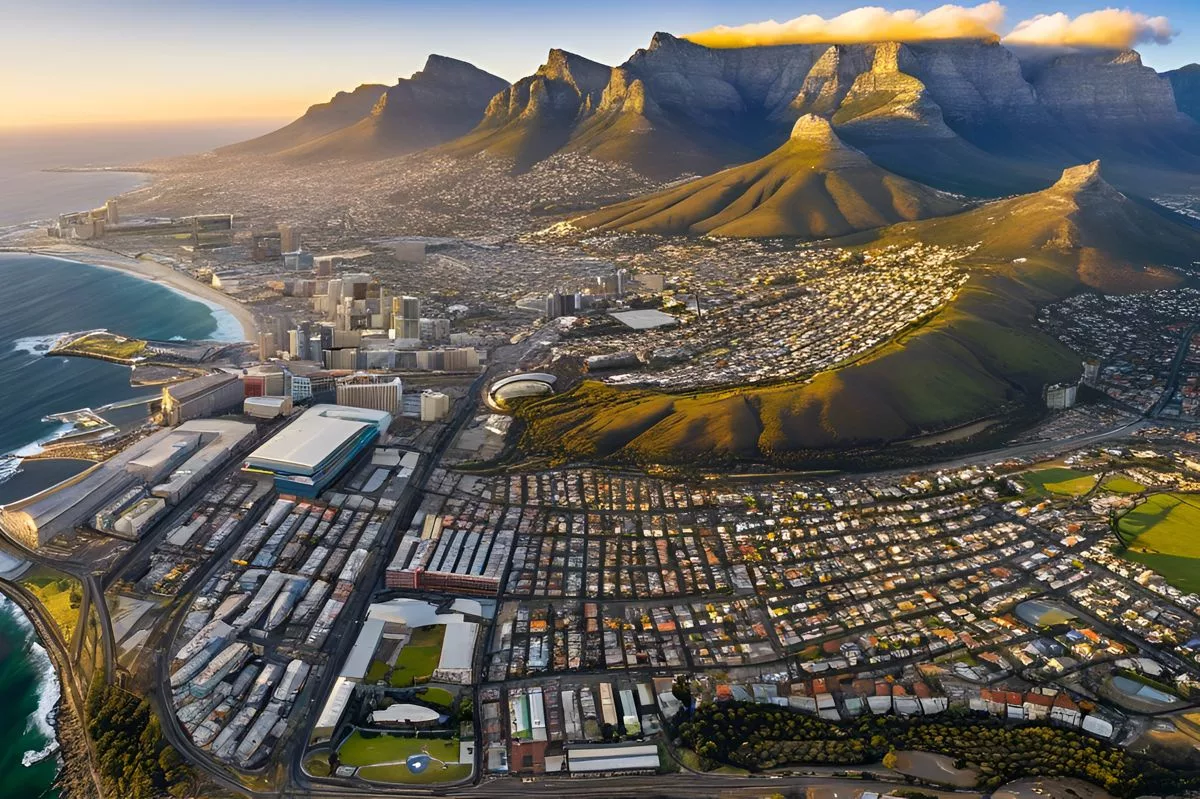The Jakes Gerwel Drive rehabilitation project in Cape Town is set to make a bustling route safer and better for everyone. Starting from September 30, 2024, workers will tear up old pavement, lay down fresh asphalt, and improve drainage systems to keep roads in good shape. This project isn’t just about fixing the road; it’s about creating a brighter future for the community with eco-friendly practices and safer travel. It’s a symbol of hope and growth, reminding us that even when things get messy during construction, great improvements are just around the corner.
What is the purpose of the Jakes Gerwel Drive rehabilitation project in Cape Town?
The Jakes Gerwel Drive rehabilitation project aims to enhance urban mobility in Cape Town by refurbishing a critical transit route, improving community quality of life, ensuring road safety, and promoting sustainability through eco-friendly construction practices. This initiative symbolizes the city’s commitment to progress and resilience.
A Vision for Progress
In the dynamic cityscape of Cape Town, the Urban Mobility Directorate is undertaking a transformative initiative that goes beyond conventional road maintenance. The rehabilitation project for Jakes Gerwel Drive, spanning from Duinefontein Road Bridge to Highlands Drive in the Mitchells Plain area, aims not only to refurbish a critical transit route but also to elevate the quality of community life. Scheduled from September 30, 2024, to April 4, 2025, this project symbolizes a commitment to urban development and sustainability.
Named after the esteemed academic and anti-apartheid crusader Jakes Gerwel, this vital roadway serves as a crucial link for countless Capetonians. The rehabilitation project embodies a larger story of renewal and fortitude. Key components of the endeavor include removing worn pavement layers, recycling and stabilizing the underlying works with cement, applying fresh asphalt, reshaping earth drains, and reinstating road markings and reflective studs. Each phase of this meticulous process signifies not just physical improvements but also a renewal of trust in municipal infrastructure.
The initial task of milling and removing existing pavement layers resembles an artist preparing a blank canvas, clearing the old to welcome the new. This phase involves seamless cooperation between machinery and skilled workers to ensure a robust foundation for the road. The recycling and stabilization of the pavement layers with cement introduce an element of sustainability. This environmentally conscious approach minimizes waste and fortifies the road, reflecting a commitment to both durability and ecological responsibility.
Crafting a Durable Artery
The application of new asphalt is where the road starts to regain its shape and functionality. This stage demands precision and meticulous care, resulting in a smooth, resilient surface. Reshaping earth drains is another pivotal aspect, ensuring efficient water flow to detention ponds and preventing erosion and flooding. This task harks back to ancient hydraulic engineering principles, adapted to modern needs for optimal performance.
Reinstating road markings and reflective studs might appear trivial, but these details are crucial for road safety. The reflective studs act as guiding lights, much like stars on a clear night, helping motorists navigate safely. This attention to detail underscores the city’s commitment to the well-being of its residents.
Councillor Rob Quintas, the City’s Mayoral Committee Member for Urban Mobility, underscores the significance of this project. He frames it as a celebration of Transport Month, a period dedicated to enhancing Capetonians’ mobility. “The road and stormwater system in this area is in a poor condition and requires rehabilitation and maintenance to extend the lifespan of the city’s road network,” Quintas asserts. His words echo a commitment to progress, acknowledging the temporary inconveniences that come with such substantial undertakings.
By nature, roadworks are disruptive, challenging daily routines for residents and road users alike. However, these short-term inconveniences are necessary for long-term benefits. Traffic management will be a priority, with construction zones marked daily, and possible lane closures, leaving one lane open in each direction during work hours. This careful orchestration aims to minimize disruption while prioritizing safety.
Historical Context and Modern Necessities
Historical precedents remind us that infrastructure projects, despite their temporary disruptions, have always been catalysts for advancement. Take the Roman aqueducts, for example, which revolutionized infrastructure and public health despite the short-term inconvenience during their construction. Similarly, the rehabilitation of Jakes Gerwel Drive promises a future where the road is more than just a transportation route—it’s a symbol of the city’s resilience and foresight.
Roads often represent journeys, both literal and symbolic. Named after an individual who epitomized activism and education, Jakes Gerwel Drive embodies the journey toward a more connected and improved community. The road rehabilitation project is a modern-day pilgrimage, reflecting values of sustainability, safety, and communal unity.
As the project progresses, it will undoubtedly encounter challenges. Weather conditions, unexpected delays, and the scale of the work will test the resolve of everyone involved. However, the collective efforts rooted in public interest will overcome these obstacles. The city’s call for patience and support from the public emphasizes that significant achievements often require community effort and understanding.
The Poetry of Construction
There is a certain poetry in the rhythms of construction, a blend of human ingenuity and mechanical precision. The sight of workers laying asphalt, the hum of machinery, and the gradual transformation of the road all contribute to a larger narrative of urban renewal. This project transcends mere road improvement; it aims to enhance the everyday lives of those who traverse it.
In conclusion, the rehabilitation of Jakes Gerwel Drive is a testament to Cape Town’s dedication to progress and the well-being of its citizens. It celebrates Transport Month, underscores the importance of sustainable infrastructure, and promises improved safety and mobility. As the city embarks on this journey, it carries the collective hopes and aspirations of a community striving for a brighter future. This endeavor not only rejuvenates a significant urban artery but also reinforces the city’s commitment to fostering a resilient, connected, and thriving community.
Frequently Asked Questions (FAQ)
What is the Jakes Gerwel Drive rehabilitation project?
The Jakes Gerwel Drive rehabilitation project is an initiative in Cape Town aimed at enhancing urban mobility by refurbishing a vital transit route. It focuses on improving road safety, community quality of life, and sustainability through eco-friendly construction practices.
When will the rehabilitation project take place?
The project is scheduled to start on September 30, 2024, and will continue until April 4, 2025. During this period, various upgrades including pavement removal, asphalt laying, and drainage improvements will be carried out.
What specific improvements will be made to Jakes Gerwel Drive?
Key improvements include milling and removing old pavement, recycling and stabilizing underlying materials with cement, applying fresh asphalt, reshaping earth drains for better water flow, and reinstating road markings and reflective studs to enhance road safety.
Why is this project considered important for the community?
This project is essential because it not only addresses the poor condition of the road and stormwater system but also symbolizes a commitment to urban development and sustainability. By investing in this infrastructure, the city enhances safety and mobility for residents, fostering a better quality of life.
How will traffic be managed during the construction?
Traffic management will prioritize safety and aim to minimize disruption. Construction zones will be marked daily, and while there may be lane closures, at least one lane will remain open in each direction during work hours to ensure continued access for motorists.
What are the expected long-term benefits of this rehabilitation project?
The long-term benefits of the Jakes Gerwel Drive rehabilitation project include improved road safety, enhanced urban mobility, prolonged lifespan of the road network, and a commitment to sustainability. Ultimately, it aims to create a more connected community and celebrate the resilience and progress of Cape Town.












